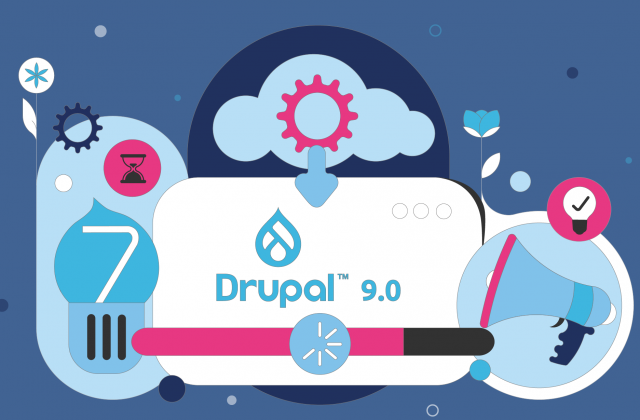The gang over at Techcrunch have been covering Facebook places pretty well since its launch yesterday and have, amongst other things, produced a very useful clarification of exactly how participation in the feature will work – since it’s not simply a case of you’re completely out until you choose to opt-in. Turns out that there’s actually three levels of engagement with the app – one for those who’ve opted in, one for those who’ve explicitly opted out, and a third for the majority who have not given FB any instructions on Places whatsoever.
For more detail, see the aforementioned TC blog, with results of their trial experiment of Places. The general gist however is that, unless you explicitly opt-out of Places, you are actually ‘in’ a little bit – just not anywhere near as much as if you have actually opted-in. It’s probably a little less straightforward than most users would have liked, but it’s only normal I suppose for a new feature to cause a few misunderstandings until people become clear on how it works (though it’d be easier if Facebook was a little clearer on these things, instead of Techcrunch having to work things out and actually tell it like it is).
The second point that I feel is worth discussing, even at this early stage of Places (day 2 since launch) is the actual positive potential of Places, which is not perhaps getting as much attention as the privacy and safety side of things. Nonetheless, some key commentators have been quick to recognise that Places is finally the feature that promises to make Facebook truly social – in the pre-web 2.0 sense of the word. In other words, it might actually be the feature that finally brings people together in a physical, face-to-face – social – sense. Surely that is, generally speaking, a good thing?
After all, if you’re worried about unwittingly bumping into people, via Places, that you would otherwise not like to see, then maybe it’s time to ask yourself: why am I friends with this person on Facebook? Maybe the potential intimacy and proximity of Places will prompt users to actually consider treating the word ‘friend’ on Facebook as having the same meaning as it does on ‘real life’ – i.e. being a bit more selective about how they build their friend networks. If we’re honest, probably at least 50% of our Facebook friends are people we don’t really communicate with that much – so what’s wrong with Places, encouraging people to be a bit more selective in building genuine friend networks, rather than simply amassing hundreds of one-time acquaintances?
I personally quite like the idea of Facebook becoming a facilitator of physical social experience, rather than being just a virtual channel of communication. I like that the feature might alert me to when some of my friends are going to the same gig as me, or happen to be visiting my part of town – it means that, if we want to (but note: we don’t HAVE to), we can meet up and hang out. Surely all the critics who bemoan social networks for eroding youngsters ability to communicate in person would recognise this potential of Places as having a positive aspect?
Anyway that’s all for now – don’t let the scaremongering security stories get the better of you, Facebook Places does need to be carefully implemented and users need to be fully informed of how it works and can be used, but essentially as long as common sense is present on both sides (FB and users) then Places has the capacity to be the first properly social (in the old-fashioned meaning of the word) feature of any social network out there.
(N.B. I know Foursquare has been doing something similar for a little while – but FB’s size renders Places a slightly more significant – if partially derivative development).


